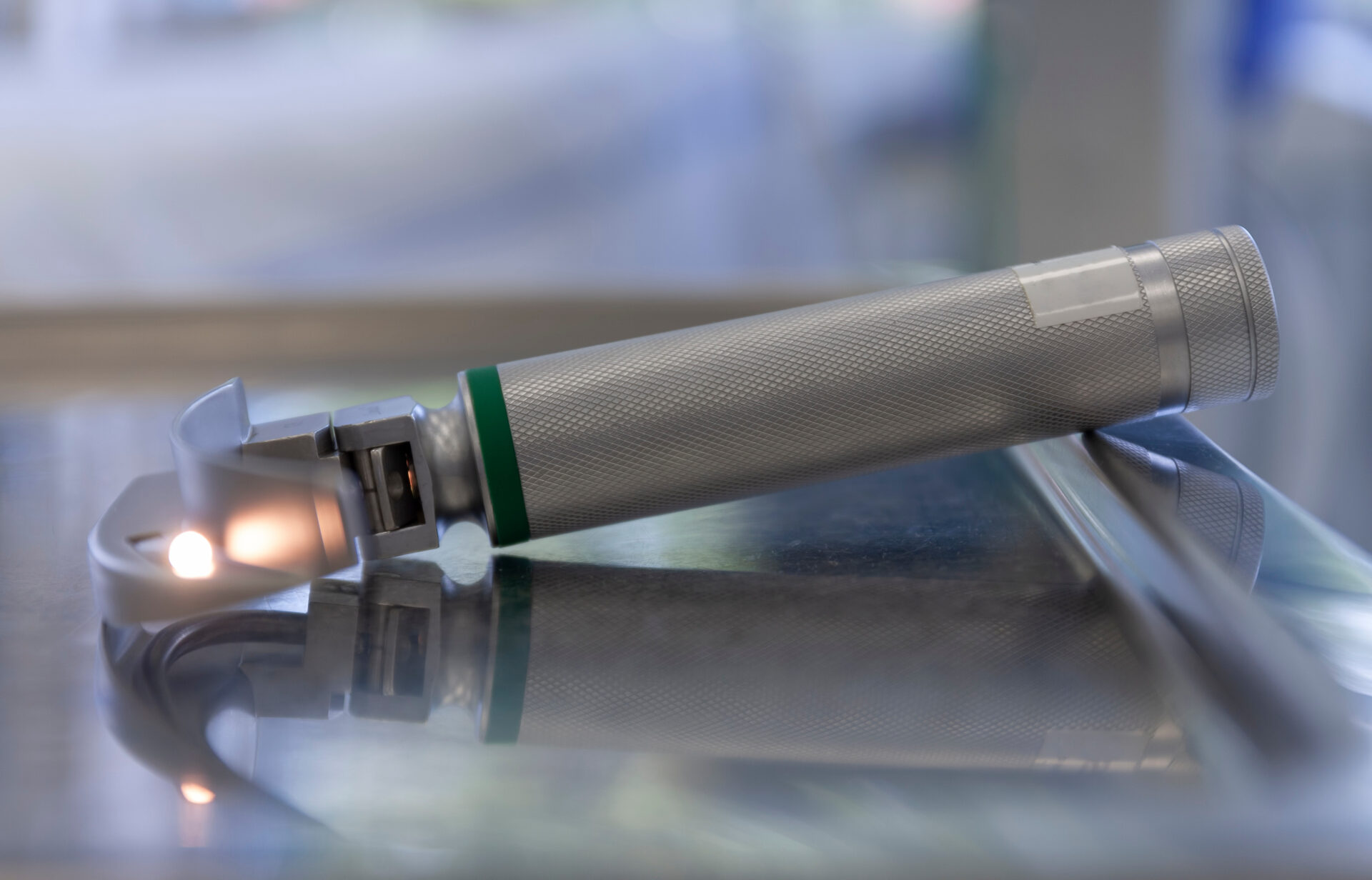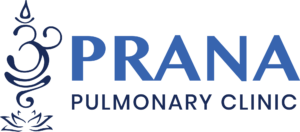In critical medical situations, intubation serves as a lifeline, allowing healthcare professionals to secure a patient’s airway and provide necessary respiratory support. Intubation is a medical procedure that involves the insertion of a flexible plastic tube, known as an endotracheal tube (ETT), into the patient’s windpipe or trachea. It is typically performed when a patient’s natural breathing is compromised, often due to respiratory failure, trauma, or surgery. By establishing a secure airway, intubation facilitates the delivery of oxygen and the removal of carbon dioxide, ensuring adequate respiratory function.
Intubation is a meticulous procedure that requires precision and expertise. It is typically performed in an intensive care unit or an operating room. This section will delve into the step-by-step process of intubation, including patient preparation, equipment required, and the specific techniques employed. We will discuss the selection of appropriate ETT size, the use of laryngoscopes for visualization, and the significance of confirming correct tube placement through auscultation and capnography.

While intubation is a life-saving procedure, it is not without risks. This section will shed light on the potential complications that can arise during or after intubation. We will explore issues such as difficult airway management, trauma to the oral or nasal cavity, and the occurrence of infections or ventilator-associated pneumonia. By understanding these complications, healthcare professionals can adopt preventive measures and manage any complications that may arise effectively.
Intubation plays a vital role in the treatment and management of various pulmonary conditions. From acute respiratory distress syndrome (ARDS) to severe asthma exacerbations, intubation allows healthcare professionals to provide necessary mechanical ventilation and support lung function. This section will discuss the specific indications for intubation in various respiratory disorders and highlight the importance of personalized treatment plans tailored to each patient’s unique needs.
At Prana Pulmonary Clinic, we recognize the critical role intubation plays in managing lung conditions. Under the expert guidance of Dr. Vijoydeep Rao, M.D., a renowned pulmonologist, we work collaboratively with community and hospital-based healthcare professionals to provide exceptional care for individuals with respiratory ailments. Dr. Rao’s vast experience and dedication to patient well-being ensure that every intubation procedure is conducted with utmost precision and care. Contact Prana Pulmonary Clinic today to learn more about our services and how we can assist you in your journey towards optimal pulmonary health.










